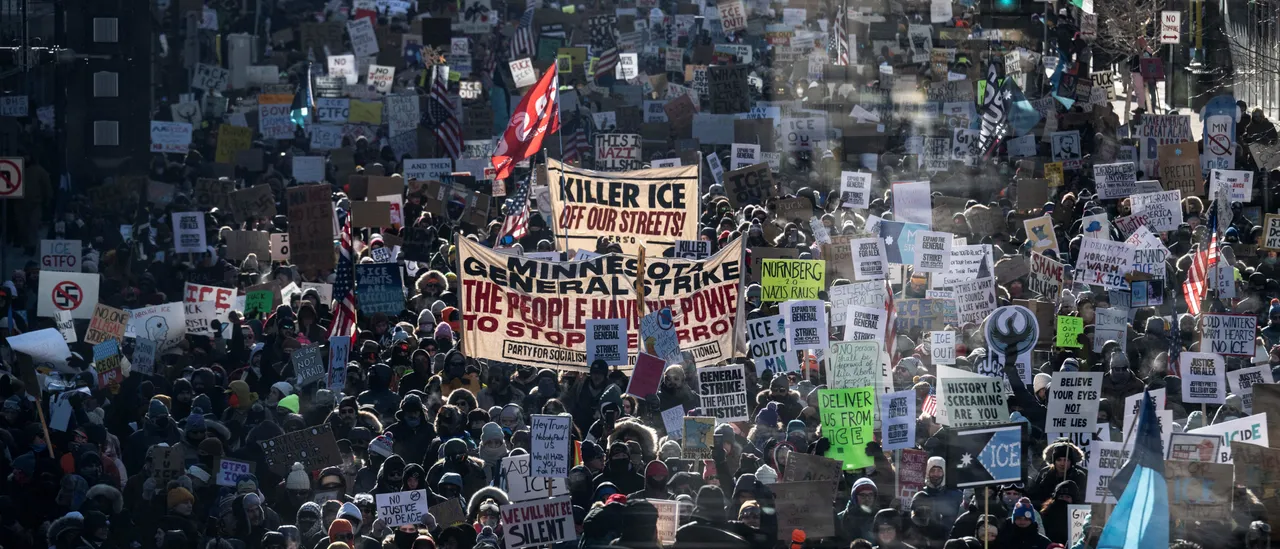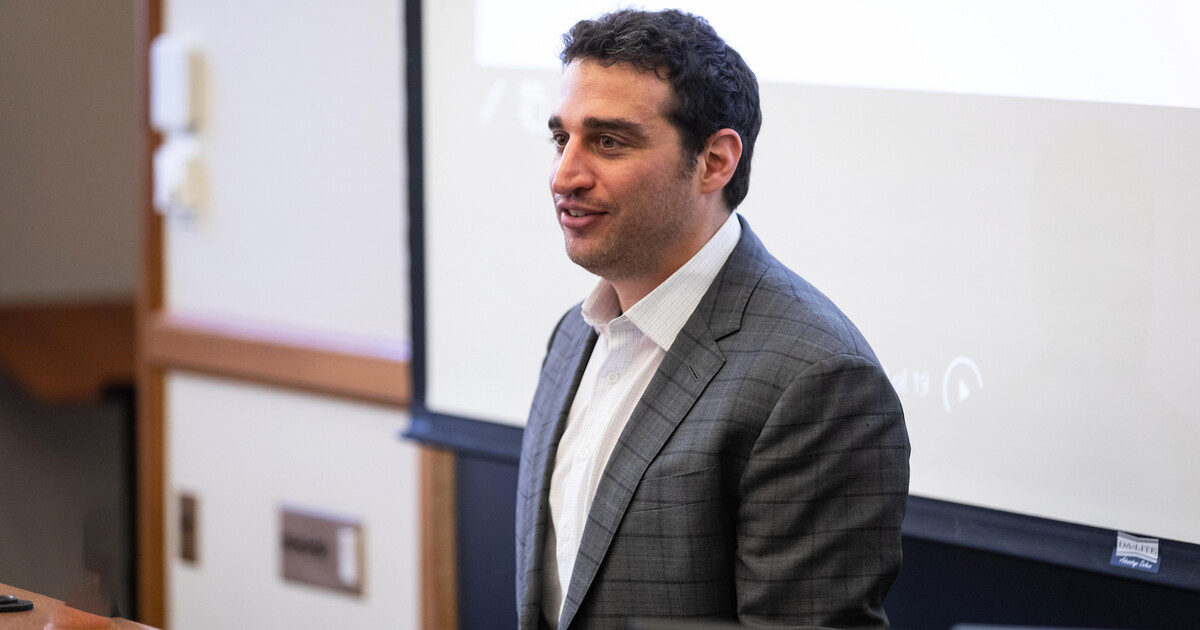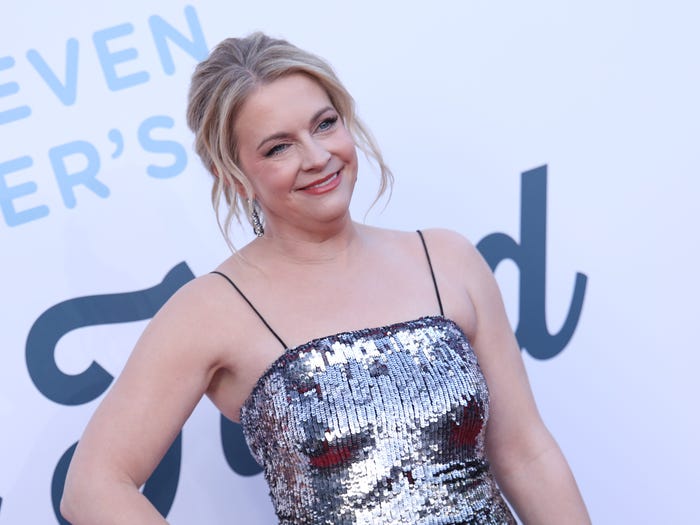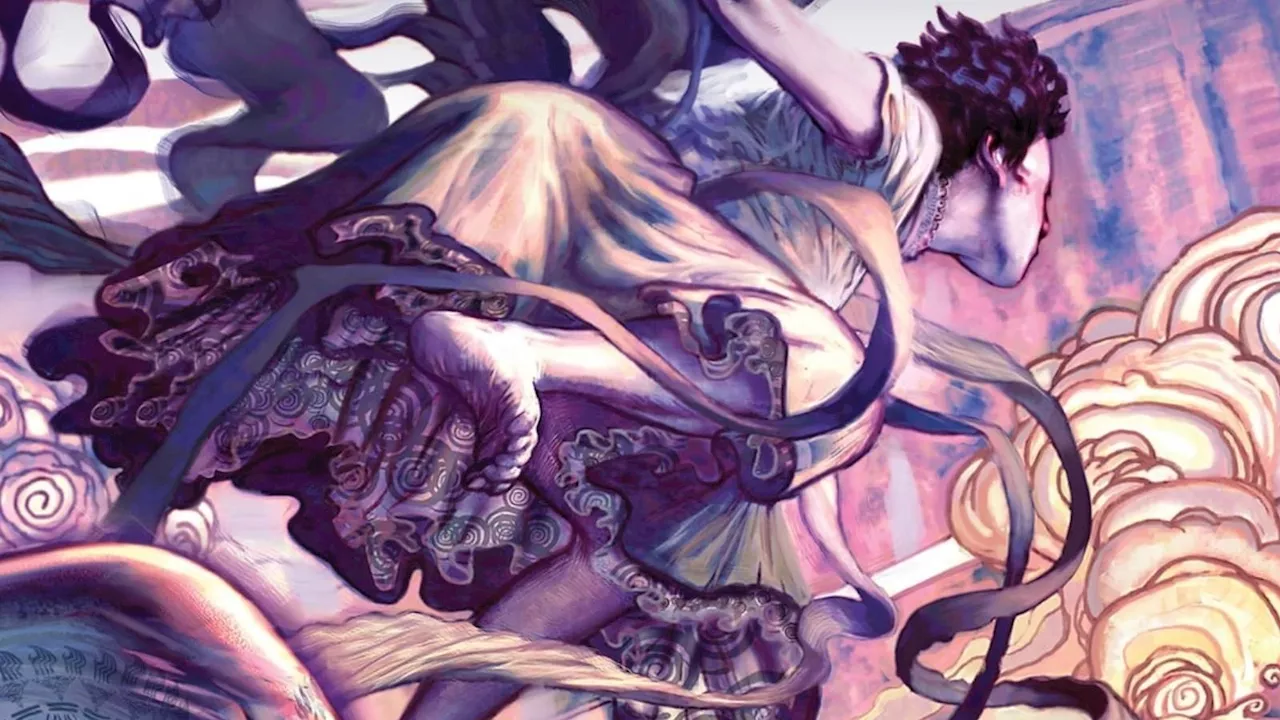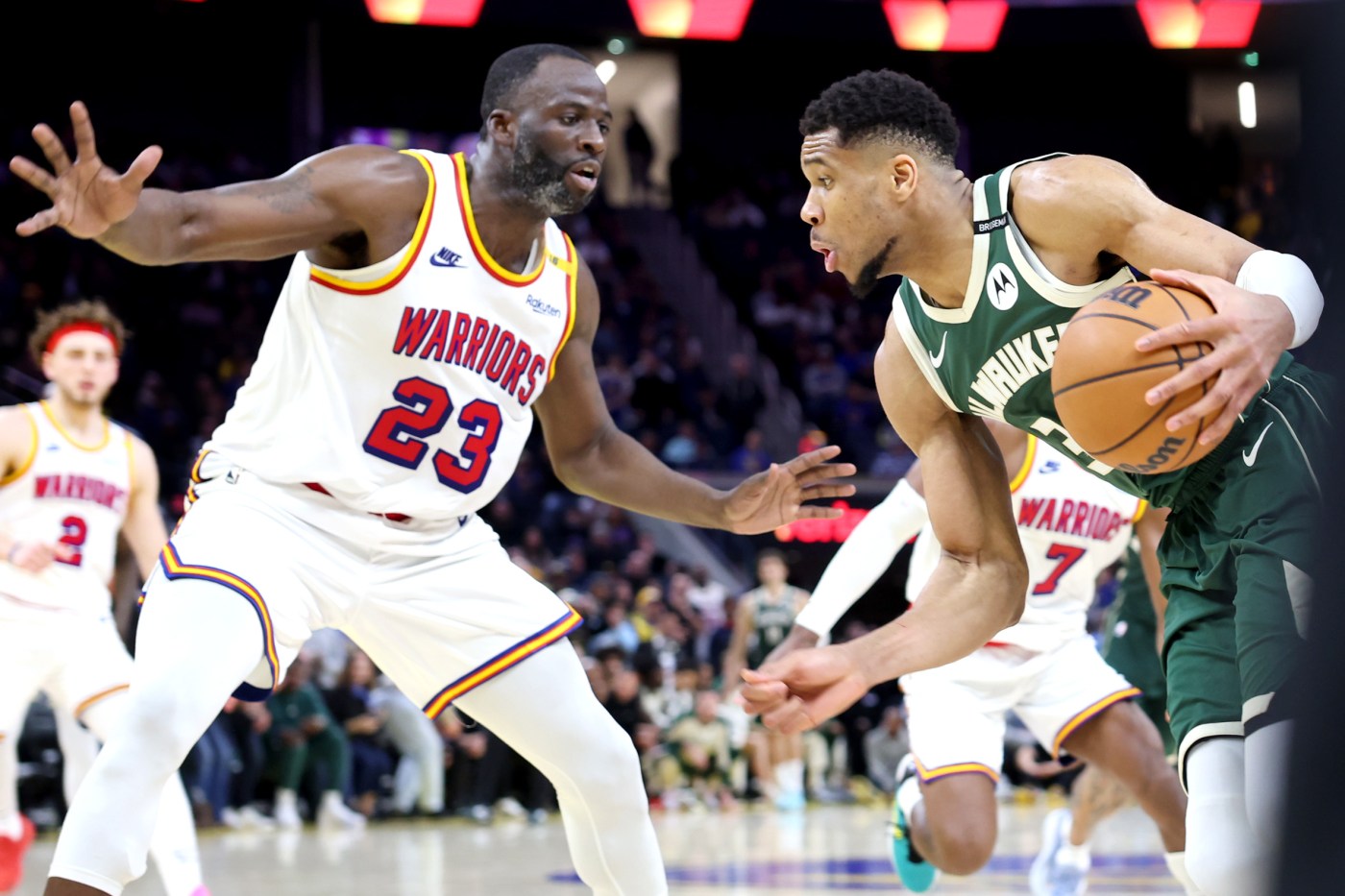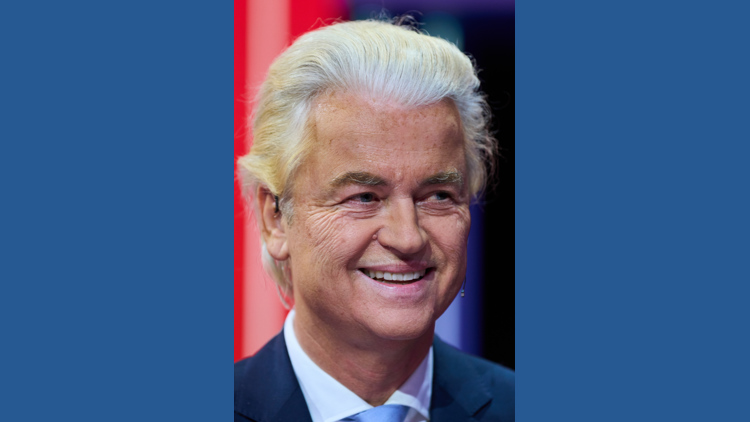
Far-right anti islam lawmaker Geert Wilders of the PVV party poses for a photo prior to a debate at the SBS6 TV studio in Hilversum, Netherlands, Thursday, Oct. 23, 2025. (AP Photo/Peter Dejong)
The Dutch election on March 15, 2024, is shaping up to be a highly competitive contest for all 150 seats in the lower Second Chamber of parliament. Polls indicate a tight race between the populist Party for Freedom, led by Geert Wilders, and a center-left alliance formed by the Labor Party and Green Left, headed by Frans Timmermans.
Key Contenders in the Election
Wilders, known for his outspoken criticism of Islam, has long been a prominent figure in Dutch politics. After consistently opposing various governments, his Party for Freedom achieved a surprising victory in the last election. Despite this win, coalition partners denied him the prime ministership, leading him to select career civil servant Dick Schoof for the role instead.
This election marks a significant opportunity for Wilders, who has faced challenges throughout his political career. In 2010, he supported a minority coalition led by former Prime Minister Mark Rutte, only to withdraw support after 18 months over austerity disputes. Wilders has also endured personal threats, living under constant protection for over twenty years due to death threats linked to his political stance. His controversial remarks have led to legal issues, including a conviction for insulting Moroccans during a campaign rally in 2014, which he labeled a “political trial” that undermined freedom of speech.
Timmermans, a former Dutch foreign minister and European Commission vice president, is at the forefront of the center-left alliance. He played a crucial role in merging the Labor Party with the Green Left to create a formidable bloc that is currently polling close to Wilders’ party. Timmermans gained international attention after delivering a heartfelt speech to the United Nations Security Council following the tragedy of Malaysia Airlines flight MH17 in 2014.
During the campaign, he faced challenges from misleading portrayals on social media, including AI-generated images that falsely depicted him in compromising situations. These images were disseminated by members of Wilders’ party, leading to a complaint filed with the police by Timmermans’ campaign.
Other Political Figures in the Race
The election also includes Henri Bontenbal, leader of the Christian Democratic Appeal (CDA), who has witnessed a turnaround in party fortunes since taking over leadership in August 2023. The CDA faced significant losses in the previous election, dropping from 15 to just 5 seats. Bontenbal, who is noted for his focus on sustainability, has distanced the party from its traditional agricultural base, advocating for nuclear energy as part of a broader energy transition strategy.
Another key figure is Yeşilgöz-Zegerius, leader of the People’s Party for Freedom and Democracy (VVD). She succeeded Rutte but has faced internal challenges and a decline in polling numbers. Despite this, she remains committed to leading her party into the election.
Lastly, Rob Jetten, 38, leader of the centrist D66 party, is the youngest contender. His party has gained traction in recent polls. Jetten, a former climate minister, returned to lead the party earlier this year after a brief hiatus during which Sigrid Kaag took the helm.
As the election approaches, the dynamics among these leaders will play a pivotal role in shaping the future of Dutch politics. With issues such as immigration, climate policy, and public trust in lawmakers at the forefront, voters will likely face difficult choices as they head to the polls.
